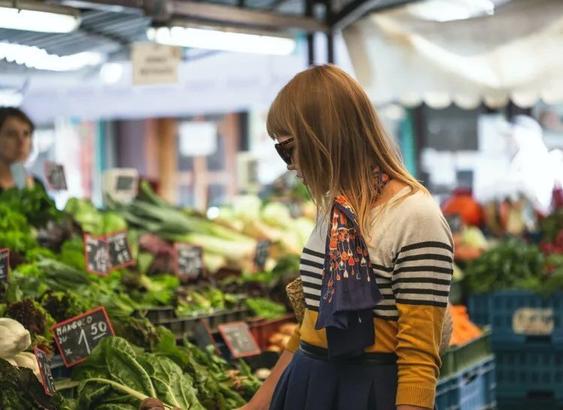https://animalrebellion.nl/sluit-je-aan
https://animalrebellion.nl/sluit-je-aan
Die originale Studie dazu im #naturefood Magazin:
Switches in food and beverage product purchases can reduce #greenhousegasemissions in Australia
Switches in food and beverage product purchases can reduce greenhouse gas emissions in Australia - Nature Food
One strategy to reduce the ecological footprint of food systems is to replace higher-emissions food products with lower-emissions alternatives. This study estimates the potential impact of product switches in Australia within ‘very similar’ and ‘less similar’ food categories in terms of greenhouse gas emissions and the nutritional quality and energy density of consumer purchases.
Study published in Nature Food in 2021: Food production was responsible for a third of all global greenhouse gas emissions
Review for the Dept for the Environment #Food and Rural Affairs (Defra): 30% reduction in meat consumption by 2032 in order to meet the UK's net zero target.
Prof Susan Jebb:
"In the UK it is still not accepted that we are eating an amount of #meat which is inconsistent with our environmental goals."
Reframing the local–global food systems debate through a resilience lens - Nature Food
Using a resilience heuristic to diagnose food systems will allow us to identify and relieve the underlying drivers of food system challenges. This perspective identifies four ‘aching points’ that are central points of tension in the local–global debate, and proposes transformative pathways towards more sustainable and resilient food systems.


